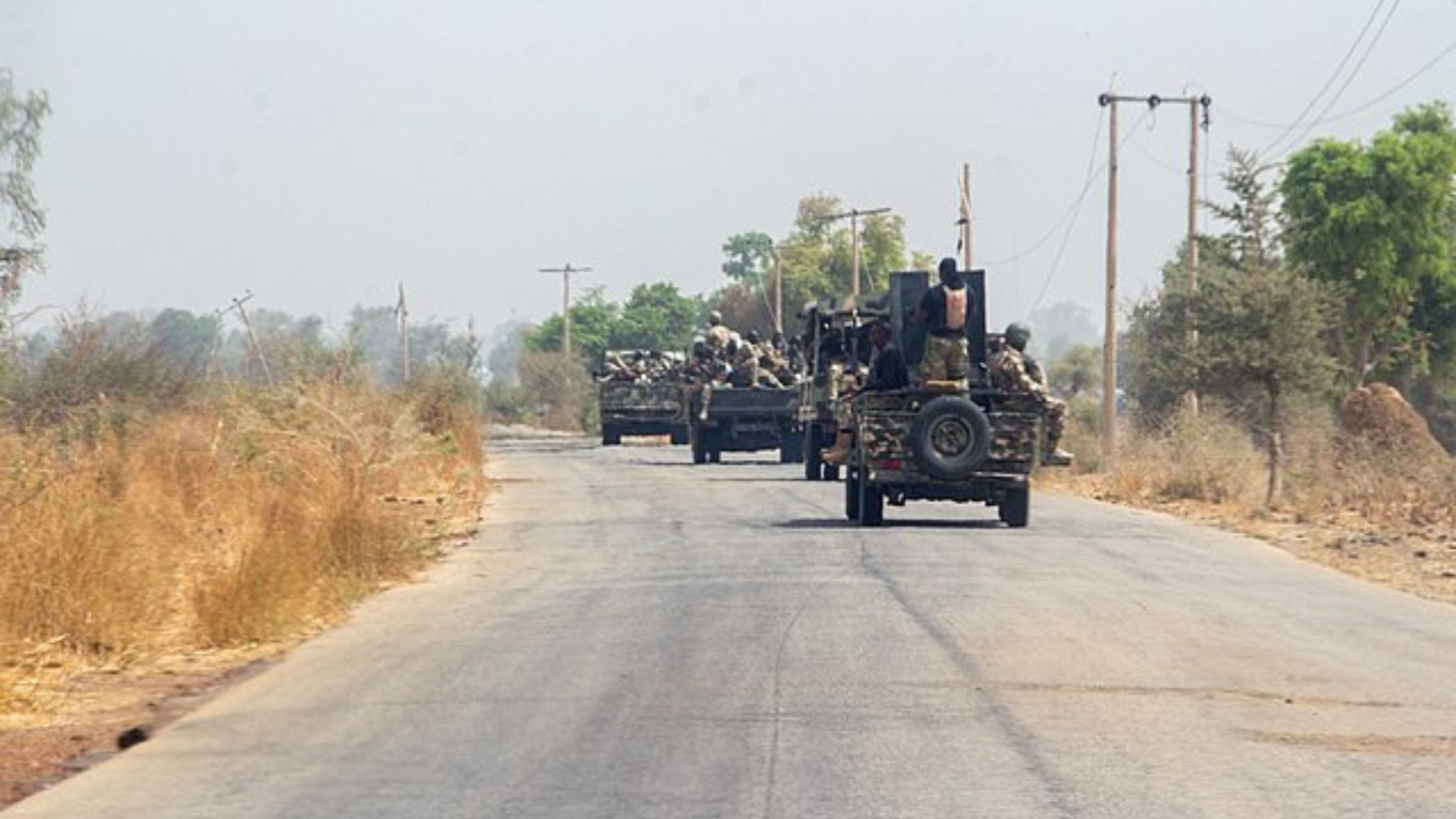KATSINA STATE, NIGERIA — A renewed military campaign is underway in Nigeria’s northwest as security forces intensify the fight against armed groups threatening peace and stability. At the center of this effort is Katsina State, now a key battleground in the country’s ongoing war against terror.
In recent operations led by the Nigerian Army’s 8 Division and supported by the Nigerian Air Force, troops launched coordinated assaults on terrorist hideouts in the dense forests of Kankara and Faskari local government areas. These zones have long been breeding grounds for violent groups responsible for kidnappings, extortion, and attacks on rural settlements.
Military authorities confirmed the death of over 100 insurgents, some affiliated with Islamic State-backed factions operating in the northwest. Rescued victims and confiscated weapons were also reported, with troops dismantling several encampments used by the terror cells.
“This is not just another operation — it is a decisive move to dismantle armed networks and reclaim the northwest from their grip,” a senior military officer stated.
Katsina’s vulnerability is tied to its location near Nigeria’s northern border, its vast ungoverned forest zones, and years of underdevelopment. Weak policing, poverty, and the erosion of traditional authority have enabled terror cells to entrench themselves in these rural areas, evolving from loosely organized bandits into ideological insurgents with ties to global terror networks.
Though residents in areas like Mununu and Jekareda have reported relative calm since the operation, there’s lingering concern about what happens when troops withdraw. “The soldiers are doing their part, but we need lasting security,” said Ado Bala, a teacher in Kankara.
Chief of Army Staff Lt. Gen. Taoreed Lagbaja, during a recent visit to troops in Katsina, emphasized that the offensive will continue until all threats are eliminated. His message aligns with President Bola Tinubu’s national security directive to restore order in crisis-hit states.
In 2024 alone, the military reportedly neutralized over 10,000 terrorists nationwide and rescued more than 7,000 abducted civilians. However, Nigeria’s security crisis remains complex — stretching from Boko Haram remnants in the northeast to communal violence in the Middle Belt and oil-region militancy in the south.
Experts warn that while military action is crucial, sustainable peace will depend on addressing underlying socio-economic issues. “Katsina reflects the deeper issues Nigeria must confront — poverty, exclusion, and weak governance,” said Dr. Habiba Yusuf, a defense analyst.
The federal government has pledged to implement new civil-military strategies, focusing on local intelligence gathering, job creation, and forest surveillance. However, execution remains inconsistent across the board.
As the sound of gunfire fades in Katsina and communities slowly return to life, many Nigerians are hopeful — but cautious. The bigger question remains: will this be the beginning of the end for rural terror, or just another chapter in a long fight?







Leave a Reply